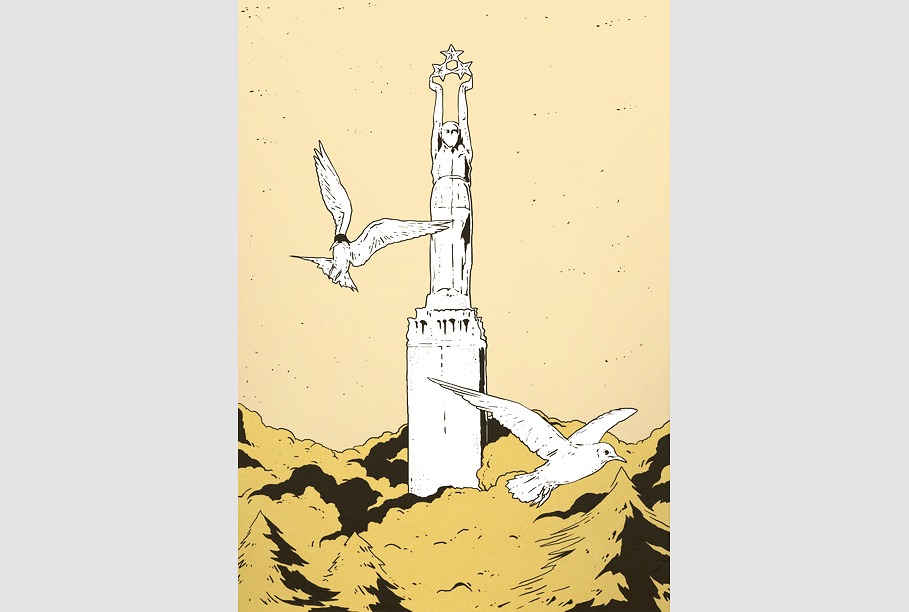Last fall Swedbank was working according to forecasts of 2.6% growth for 2015, however because of Russia’s economic crisis as well as lower predictions for inflation (from 2 to 0.5%) in Latvia adjusted its expectations downward. Last week the EBRD also cut its growth forecast to 3% from 3.7%.
The bank’s chief economist Mārtiņš Kazāks pointed to the need for the state to further reduce the effect of the shadow economy on the GDP and improve the collection of taxes. He compared the “pain” of entering into legitimate economic relations as a taxpayer was like having a toothache. “You can drink all the painkillers you want, but eventually you’ll have to see a dentist.”
The Swedbank analysts predicted a fall in Latvia’s exports to Russia in the double digits, which could be offset by a rise in exports to other states. As a result, economic ties with Russia will weaken and the Latvian economy will diversify and become better prepared to endure crises.
Meanwhile the Swedbank forecasts call for a slight rise in unemployment, however consumers should benefit from a rise in wages and a lowering of taxes along with the fall in oil prices affecting energy costs favorably.
However Riga’s announcement of public transportation price hikes last week flies in the face of trends that should be bringing lower prices to the transport sector, said the experts.
The good news is that the US economy is growing and Europe’s growth is expected to be higher this year than last. The low value of the euro is also important to exporters, especially those trading outside the Eurozone. Meanwhile the European Central Bank’s active monetary policy should boost consumer spending, Kazāks explained.
Still, Russia remains at the top of the bad news, where a recession could reduce the size of the state economy by 6% this year and 2% more the next. The fall in oil prices worldwide is threatening to drag the ruble down with it, causing extremely high inflation and putting the brakes on consumer activity. There will be lots of “snot and tears” in Russia this year, Kazāks said.






























